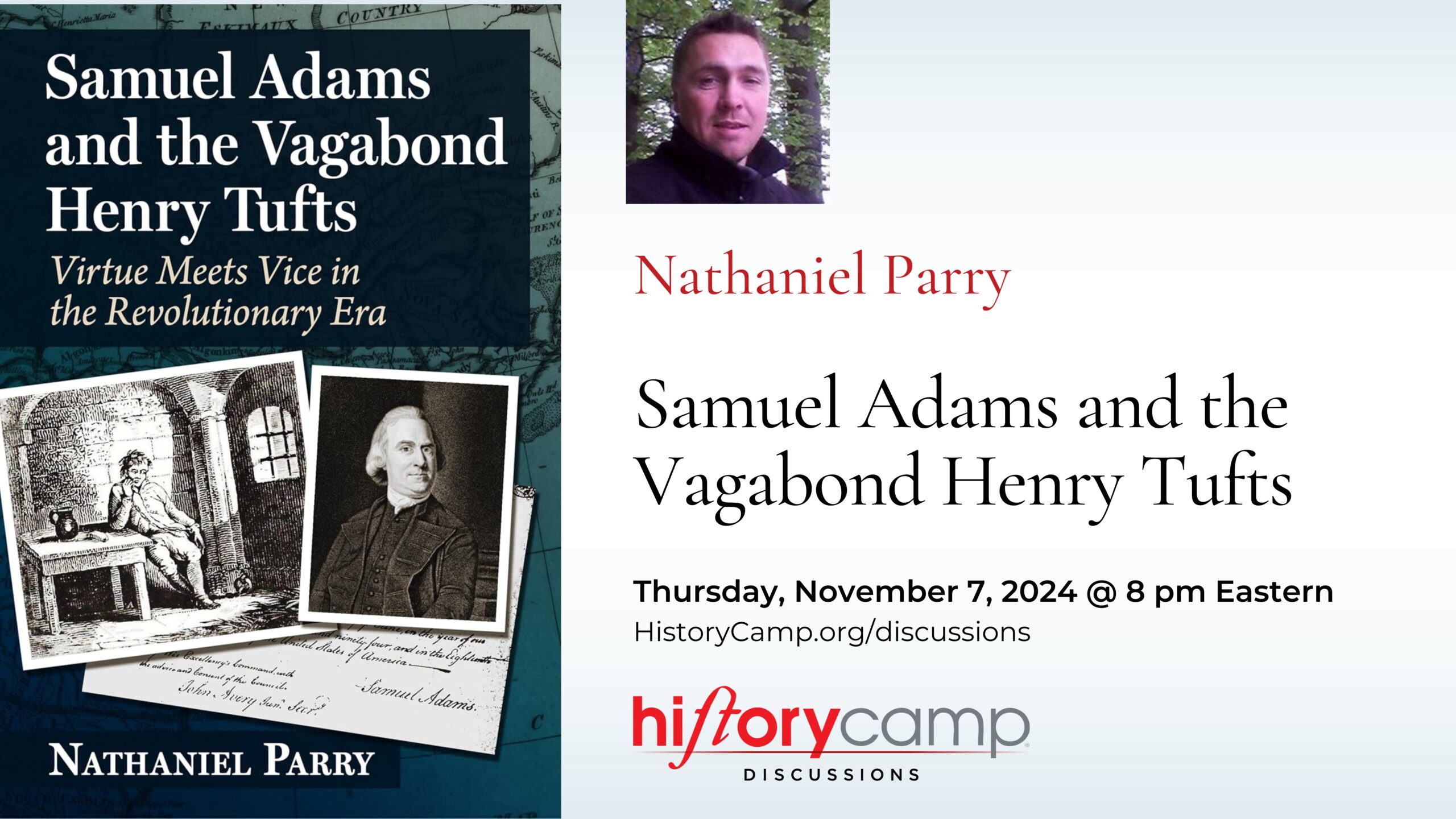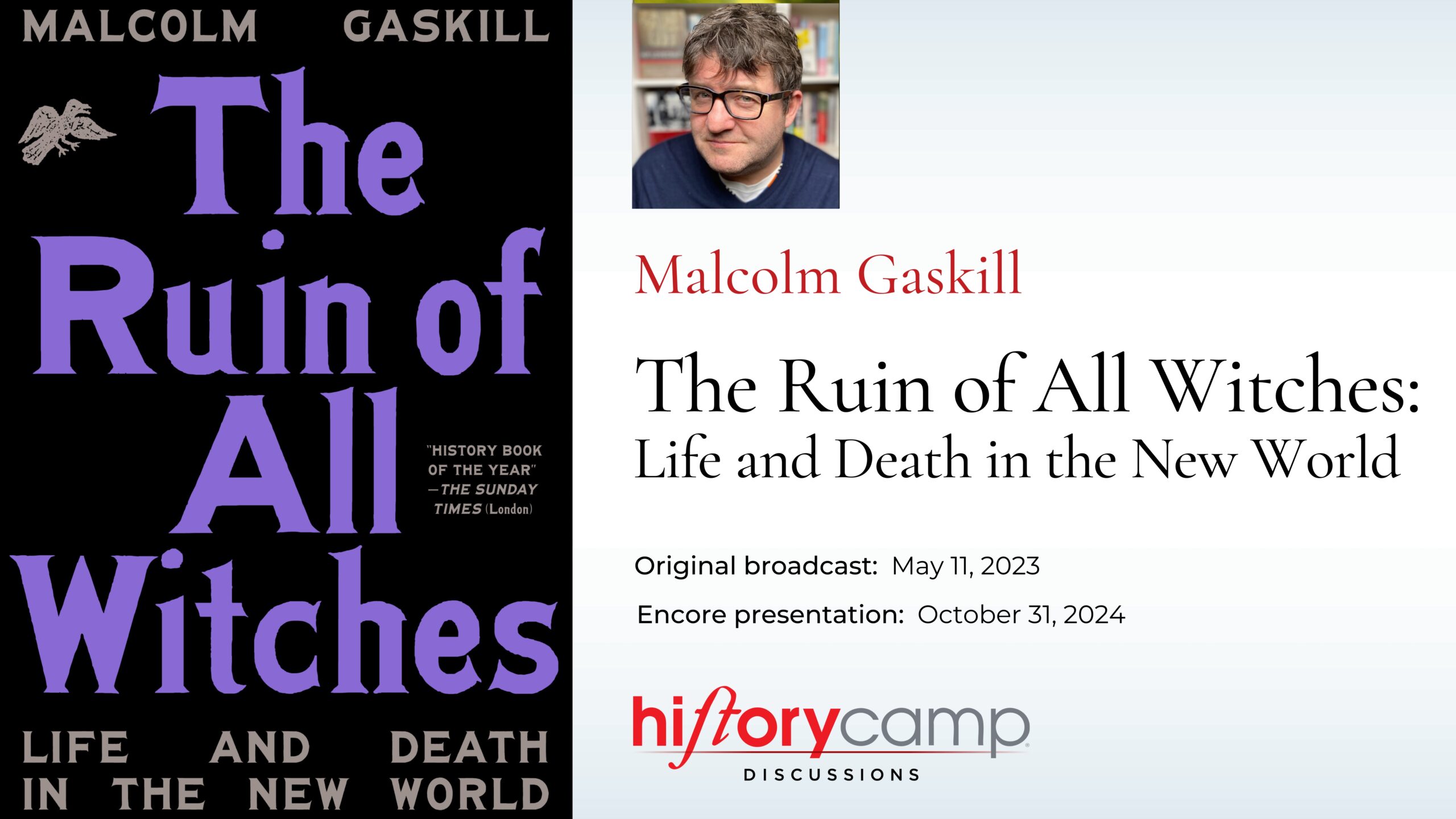Dr. Samuel A. Forman
Ill-Fated Frontier: Peril and Possibilities in the Early American West
Dr. Samuel A. Forman, historian and Harvard University faculty member, will discuss his new book, Il-Fated Frontier: Peril and Possibilities in the Early American West, about pioneers, along with their sixty slaves, heading to western Florida where they encounter Indians fighting to preserve their land, and the Spanish looking to protect their colonial interests.
Ill-Fated Frontier is at once a pioneer adventure and a compelling narrative of the frictions that emerged among entrepreneurial pioneers and their sixty slaves, Indians fighting to preserve their land, and Spanish colonials with their own agenda. Here is a lively and visceral portrait of the wild and enduring American frontier in 1789.
[Publisher’s excerpt.]
The melting pot America would become was barely simmering when an ill-fated attempt to settle land near Natchez in brought together a volatile mix of ambitious Northern pioneers and their slaves, Spanish colonists, and Native Americans who had claimed the land as theirs for hundreds of years. This illuminating episode in American history comes to life in this account of an expedition gone wrong. It began with an optimistic plan to settle and expand in the new territory. It ended ignominiously, with the body of one of the expedition’s leaders returning to New Jersey stored in a pickle barrel.
What happened in between—a cautionary tale of greed, incompetence, and hubris—lies at the center of this fascinating account by Harvard historian Samuel A. Forman. Endorsed by New York Times best-selling author Nathaniel Philbrick, it is a startling and frank portrait of a young America that examines the dream of an inclusive American experience and its reality—a debate that continues today.
Imperious General David Forman, a terror to his Monmouth County, New Jersey, Loyalist neighbors, during the Revolutionary War obtained a large land grant in Natchez, then part of Spanish West Florida. His charge was to establish a plantation that would lure settlers and establish a new American presence. Staying behind in New Jersey David Forman appointed his rotund and gouty older brother Ezekiel as leader of the expedition, his young cousin Samuel S. Forman as its business manager, and a former military aide as overseer of the enslaved African Americans who accompanied them.
It did not go well.
When the expedition finally reached the new territory it found waiting Spanish colonials who felt the land was theirs and Native Americans who still maintained their sovereignty over the contested lands.
When Ezekiel Forman died unexpectedly, David Forman stormed from New Jersey into Natchez to take control of the unraveling situation. He would find on his arrival that those awaiting him had other ideas about who the land actually belonged to. He would return to New Jersey quite dead and pickled in a barrel of rum.
Lively, impeccably researched, and rich in details that have escaped the usual tales of American growth and enterprise, Ill-Fated Frontier shines new and entertaining light on what it means to be an American.
[Recorded October 14, 2021.]


Dr. Samuel A. Forman, MD, MBA, MPH, (illfatedfrontier.com, DrJosephWarren.com, @DrSamForman) is a historian and Harvard University faculty member. He is educated in the history of the American Revolution as well as the practice of medicine. Throughout his successful careers as a physician, military officer, and businessman, he has published and lectured on historical topics that inform current issues. Sam is the author of the award-winning biography Dr. Joseph Warren: The Boston Tea Party, Bunker Hill, and the Birth of American Liberty (Pelican, 2012). His latest book is Ill-Fated Frontier: Peril and Possibilities in the Early American West (Lyons Press of Rowman and Littlefield, 2021).
Dr. Forman is a Founding Board Member of The Pursuit of History and is a regular presenter at History Camp Boston.






























